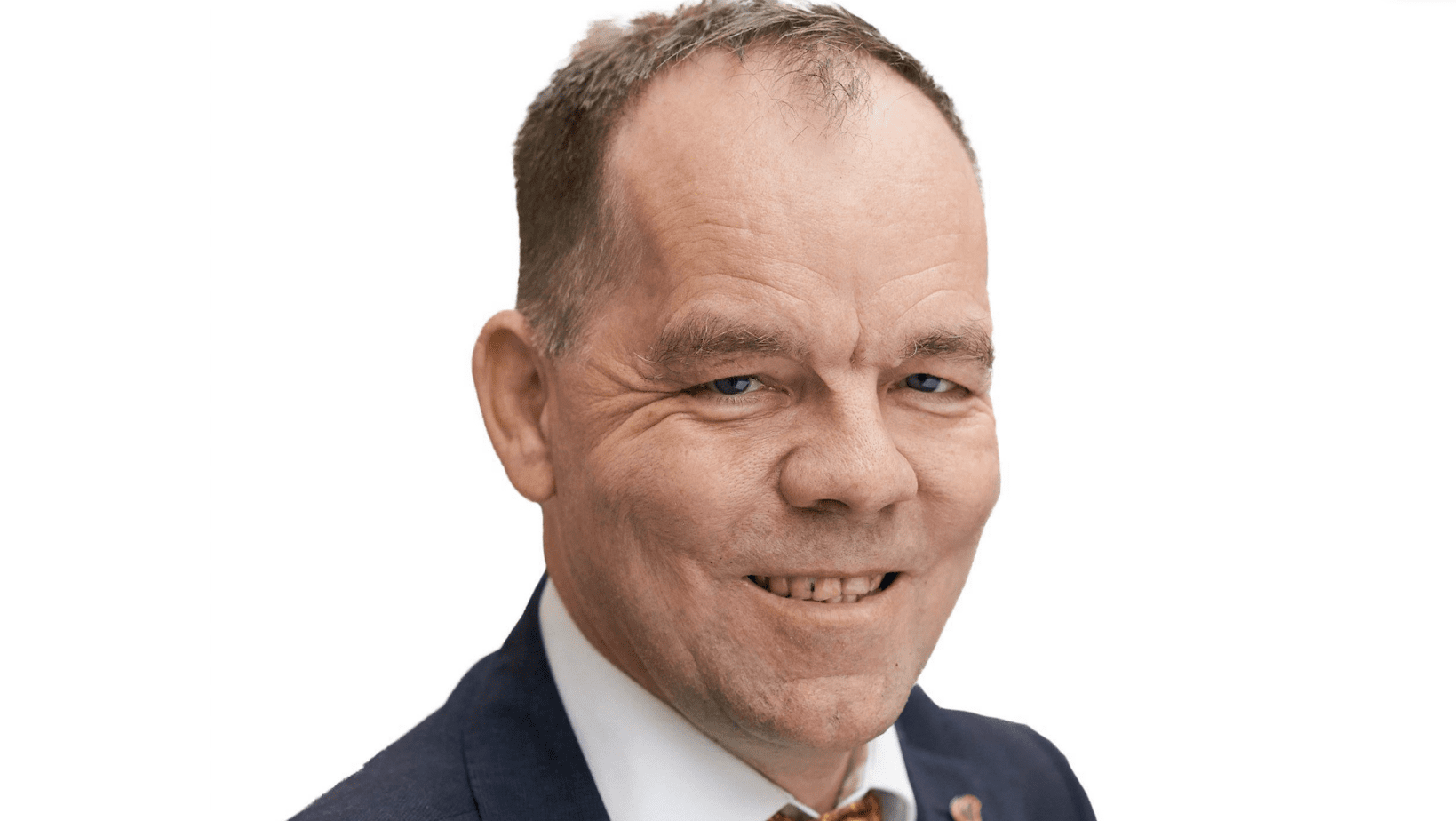
Photo: John Wubbe on Facebook, 7 September 2018
Flemish identity is going through a marked resurgence.
As the pro-independence Vlaams Belang (Flemish Interest) is expected to secure a historic 26.8% of the Flemish vote in Belgium’s federal and regional parliamentary elections on June 9th, making it the largest party, the New Flemish Alliance (N-VA), also skeptical of Belgium’s continued viability as a political project, is no slouch either, ranking second with 20,6%.
The emancipation of the Flemish, who speak Dutch, from the cultural stranglehold a French-speaking elite exerted was hard-won, and a cause in which The Flemish Club for Liberal Arts, Science and Literature was instrumental.
The association, which is headquartered in Brussels and has existed since July 5th, 1923, aims to promote and defend the Dutch language. That need is still felt in the Belgian capital, where Dutch speakers remain a minority and regularly experience difficulties in being able to communicate in their own language.
John Wubbe, 57, who has served as its chairman since 2023, has a background in health and computer science and divides his time between Brussels and Zürich. We talked to him in the capital’s former Stock Exchange building, the Beurspaleis, its grandeur restored following recent renovations.
“If you cannot speak in your own language, then you cannot find your identity,” Wubbe explains. “That was what the club’s founding fathers said back in 1923. To become European, they then said, we would first have to become Flemish because if you don’t know your own identity, you cannot be part of the European family. That is how the Flemish club started.”
Indeed. And why is this so? Why do they not fully appreciate our region’s value, especially because it is the most productive economically by far? [In 2023, Flemish exports accounted for 82% of all Belgian exports] Why would they not make use of that human capital? Because we are too humble. We are too humble, and need to market ourselves better. At the moment, the French-speaking are taking all those top spots. Given that this is the case, why would anyone from the outside know that there is something called a Flemish region. The Flemish club is trying to rectify that situation. Dutch-speaking people in not just Flanders, but all the Benelux countries and parts of Northern France and North Rhine-Westphalia, broadly speaking, thrive economically, because they love to talk and cooperate with one another. Entrepreneurship, I believe, is quintessentially Flemish; we are traders, we go all over the world, make things more profitable.
Our mission is basically twofold. We want to invite the world to appreciate Flemish culture. At the same time, we are seeking to raise up ambassadors of that culture, and hopefully put them in high positions in those important institutions. It is, however, not our aim to do like progressives do and subvert existing institutions. They have just forgotten what they were there for, have ceased to be self-critical, don’t bring in new blood, and are insulating themselves. We just want to bring them back to what they were, from the inside. Build back better [laughs]! Anyway, for too long, the pendulum has swung too far in one direction; now we are taking control of that pendulum, steering it in the right direction.
We are very open and inclusive in the sense that our region generally has good relations with the rest of Europe, even those countries which are farther away. We are connected. The reason that our region is thriving is partly because we are those things.
As a political entity, Flanders, while it constitutes the majority of Belgium’s population, is just an infant [It was only in the state reform of 1980 that the Flemish and Walloon Region were set up, giving the Flemish one Flemish parliament and one Flemish government, turning the country into a federal state]. So our ability to articulate who and what we are, what we stand for, these are fairly recent developments. Even though the Flemish region might be old, the Flemish people have not yet matured politically; we have just got on to the political stage, learning to assert ourselves, while still trying to find ourselves. So there are growing pains, some might be too forceful in expressing that identity.
No, our project is an apolitical one. What we offer any citizen open to making use of it, is Bildung, by which I mean that we want to educate people both historically and culturally, so they can know who they themselves are, the people around them, and then plug into broader society. By making our region stronger, we make Europe stronger. Sure, people might call themselves European, but still feel they’re from this or that region. The EU tried to sever that connection, but as we can gather from recent elections and polls, the people are no longer swallowing it. We are inviting the EU, Europe, the rest of the world, to take advantage of our human capital, even if strongly linked to a regional identity; it would be a missed opportunity if they didn’t.
Exactly right. Take Belgian beer, Swiss cheese, and French wine from various regions; why are they so sought after? Because those products are often made by people rooted in a strong local identity. But that’s what our elites, both on the national as well as the EU level, increasingly do not identify with, which is exactly the problem; having forgotten where they came from, they became so-called ‘anywheres’, mere managers, flavorless, interchangeable. Now then is the time for us to move real leaders of substance in.
